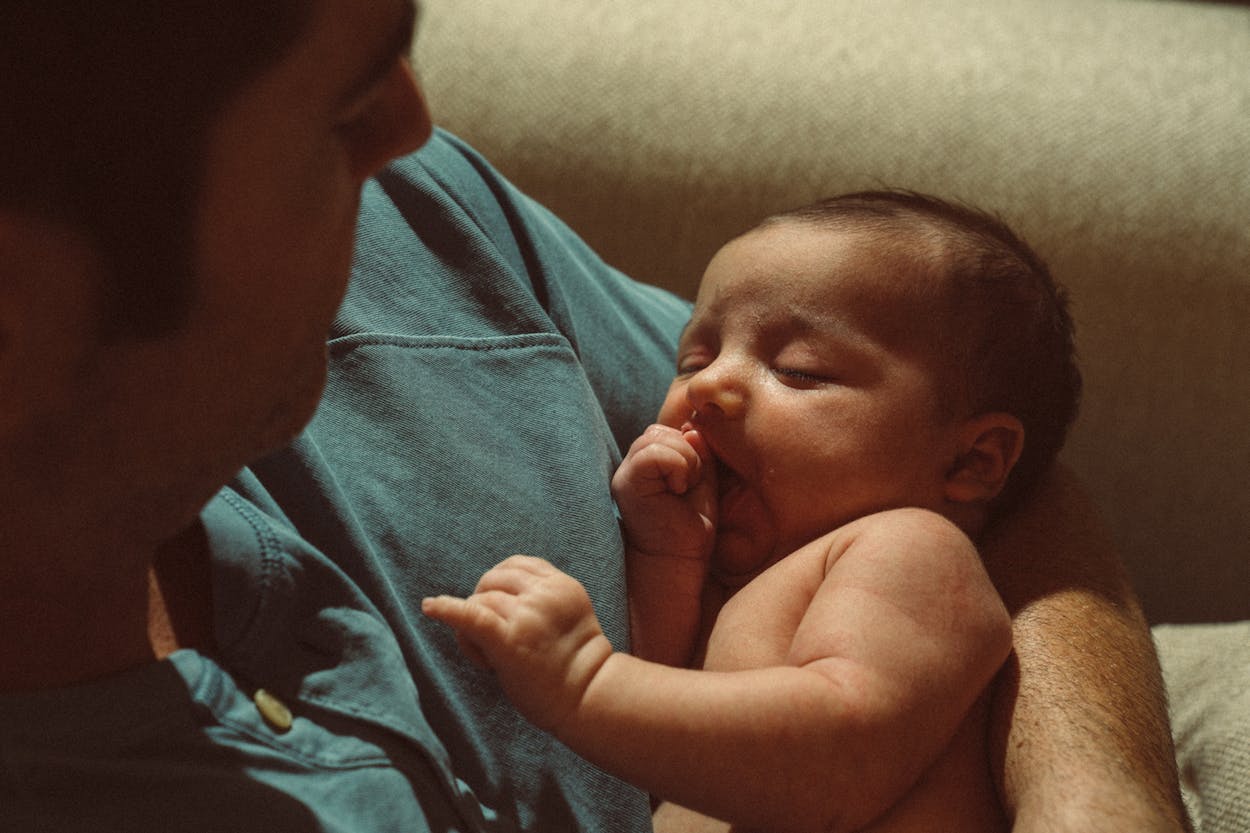Despite obstetricians encouraging their pregnant patients to get vaccinated, they are seeing unprecedented numbers of unvaccinated women who have contracted COVID-19, putting both mom and baby at risk. Many expectant mothers still have questions about vaccinations and how the vaccine for COVID-19 might impact their pregnancy and fertility. Dr. Johnson provides answers to common questions she receives from families, as well as the latest recommendations for pregnant moms.

Are the COVID-19 vaccines safe for pregnant and breastfeeding women?
We have growing evidence that the vaccine is both safe and effective for pregnant and breastfeeding women. Typically, we want to avoid vaccines that contain live viruses during pregnancy and that includes the varicella (chickenpox) measles, mumps, and rubella (MMR), but fortunately, none of the COVID-19 vaccines contain the live virus that causes COVID-19.
Are pregnant women more likely to get severely ill from COVID-19 and have complications?
During pregnancy, your immune system is a little bit different than outside of pregnancy. It makes you more vulnerable to certain illnesses, such as COVID-19. Getting COVID-19 during pregnancy can increase your complications, such as preterm birth (delivering the baby earlier than 37 weeks). If the baby is born too early, that means they may spend more time in the neonatal intensive care unit (NICU). We know that mothers who contract COVID-19 during pregnancy have a higher chance of being hospitalized for severe illness, and they also have a higher chance of needing to be in the intensive care unit (ICU).
Should pregnant women wait until after delivery to get the COVID-19 vaccine?
The American College of Obstetricians and Gynecologists recommends vaccination for all pregnant, postpartum, and lactating patients, independent of trimester. The best time to get one of the COVID-19 vaccines is during pregnancy, because of the complications you can have if you get COVID-19 while you are pregnant. The gestational age doesn’t matter—we recommend getting it any time during the pregnancy because it is safe.
How can pregnant women protect themselves against COVID-19?
Pregnant women can do the following to protect themselves from COVID-19:
- Social distance
- If you’re with unvaccinated people or in public, wear a face mask that covers your mouth and nose
- Wash your hands often
- Most importantly, get vaccinated
How can breast milk pass along COVID-19 immunity to infants?
Breastfeeding can be a wonderful bonding experience between mother and child and is highly recommended. It also gives the benefits of nutrients to the baby and protects them with antibodies. We have found that for breastfeeding moms who have received the COVID-19 vaccine, their milk has the COVID-19 antibodies—this is a good way to pass the protection on to the infant, and some degree of immunity to them too.
If mom contracts COVID-19, we encourage her to still breastfeed if she is feeling well, but we do recommend some safety measures, which include:
- Wearing a mask while breastfeeding
- Practicing good hand hygiene
- If mom is pumping, washing all pumping supplies thoroughly with soap and water
- As much as possible, social distance with their baby, staying at least six feet apart
Can the COVID-19 vaccines affect fertility?
So far we haven’t found any evidence that the vaccines affect fertility. If you are planning on getting pregnant, it is even more important to get the vaccine in order to reduce your risk of getting infected due to the increased risk for complications.






